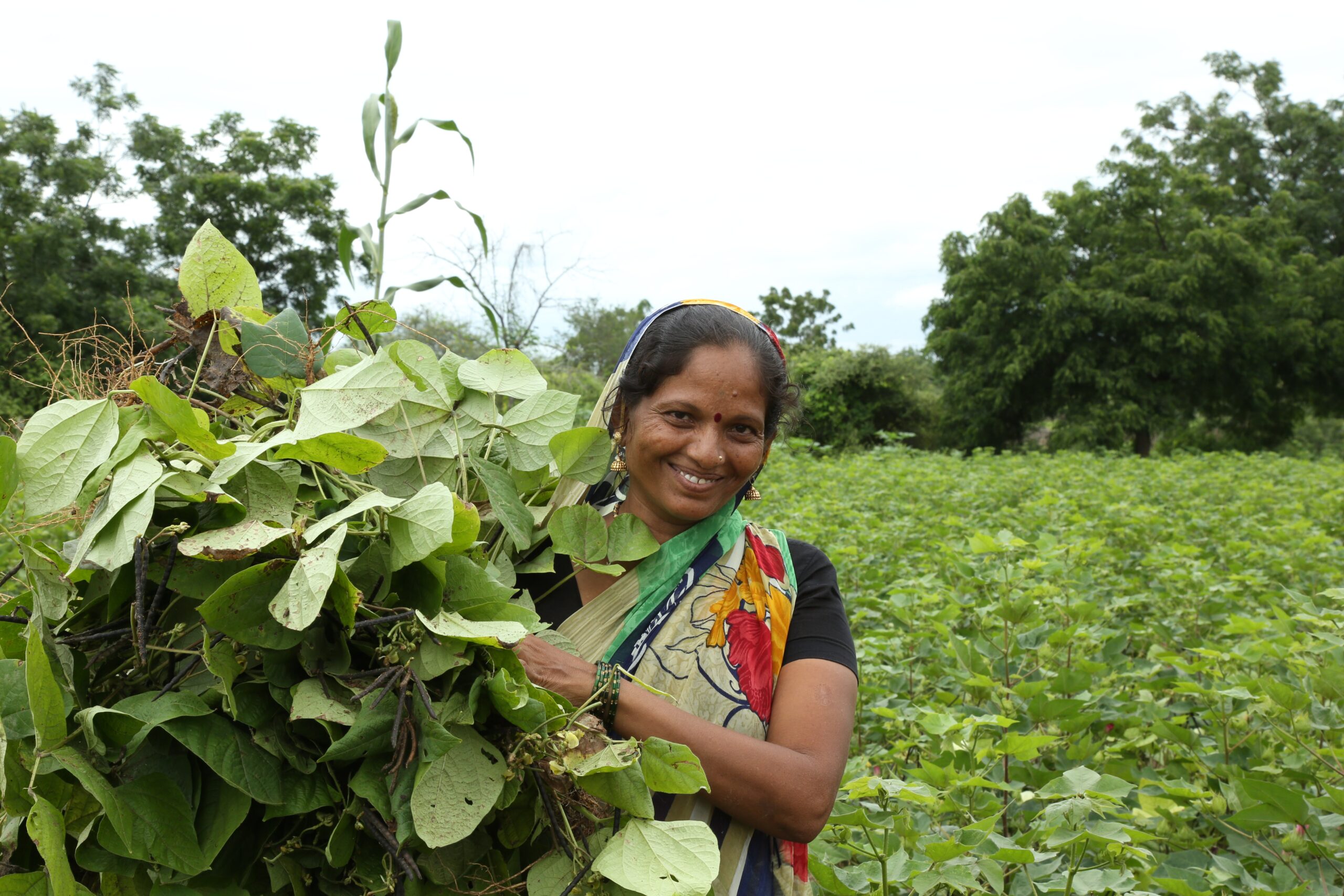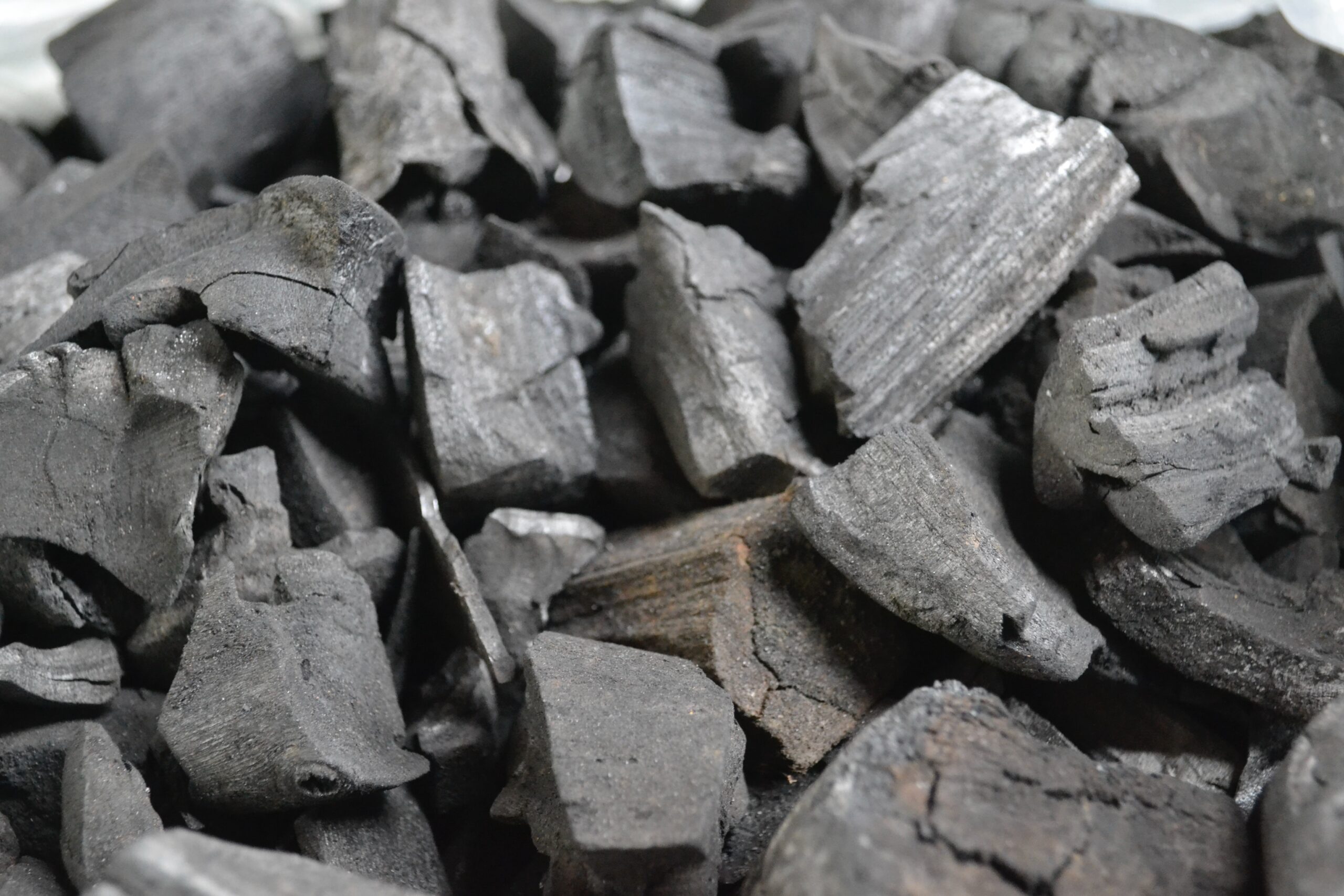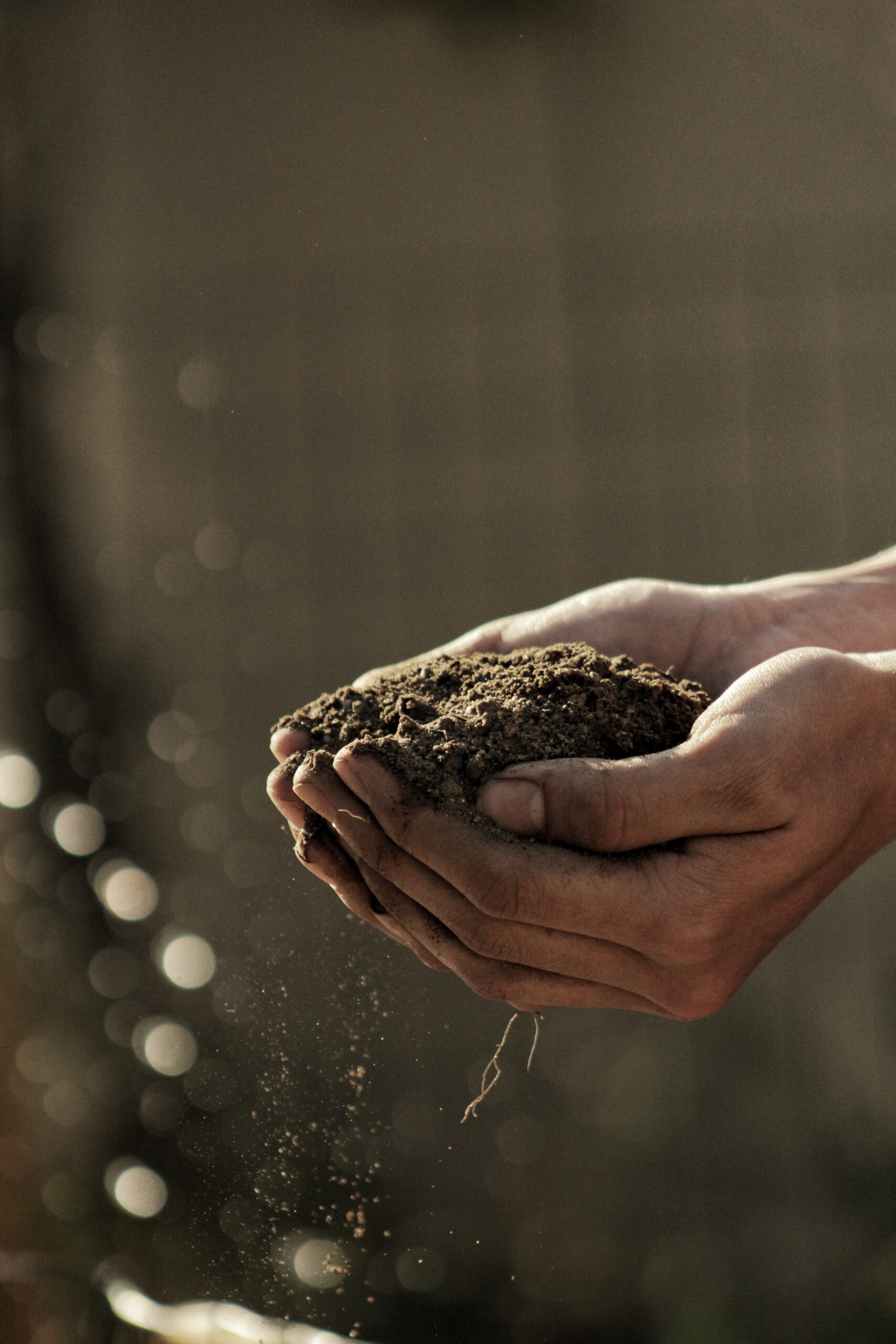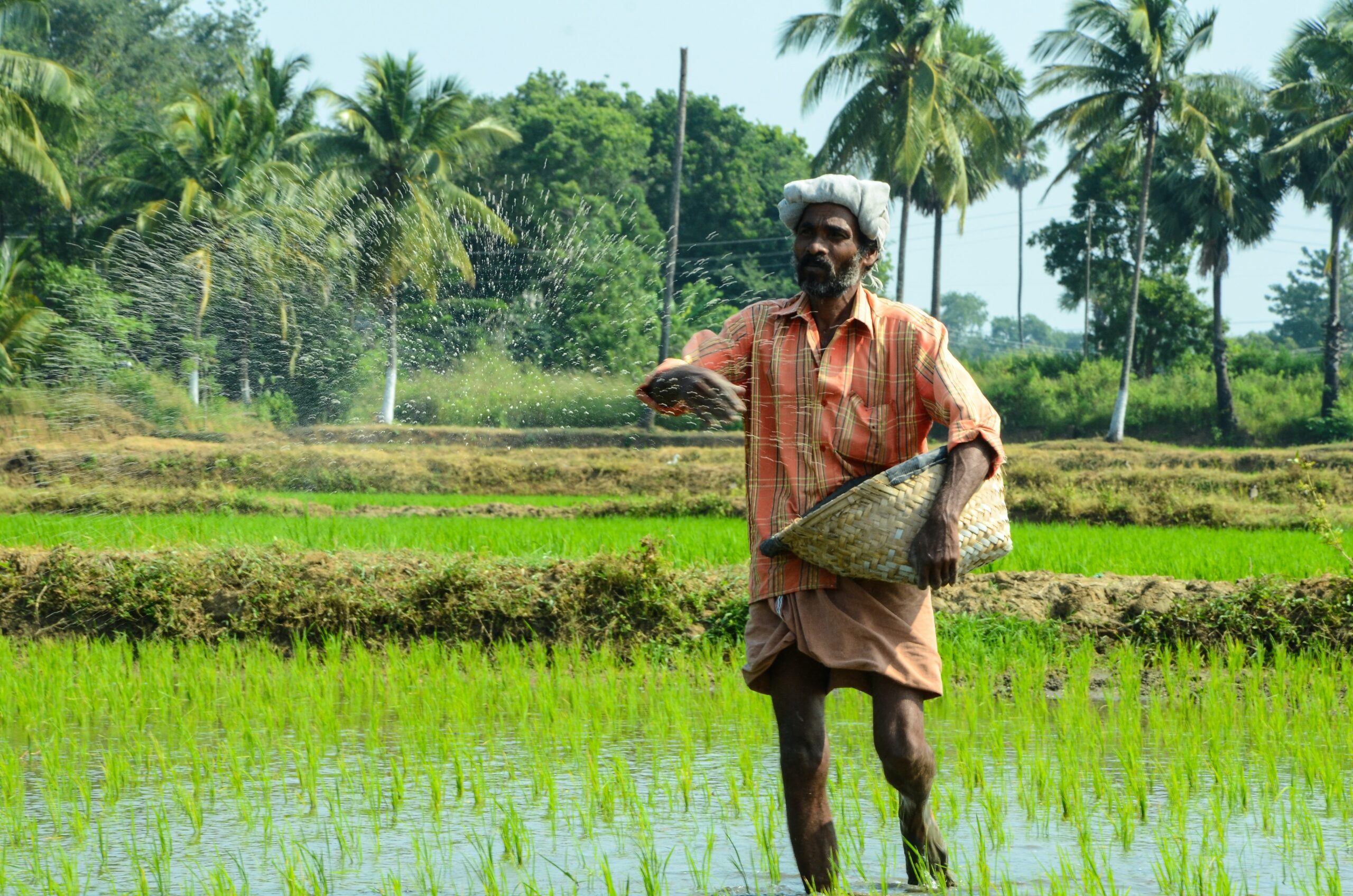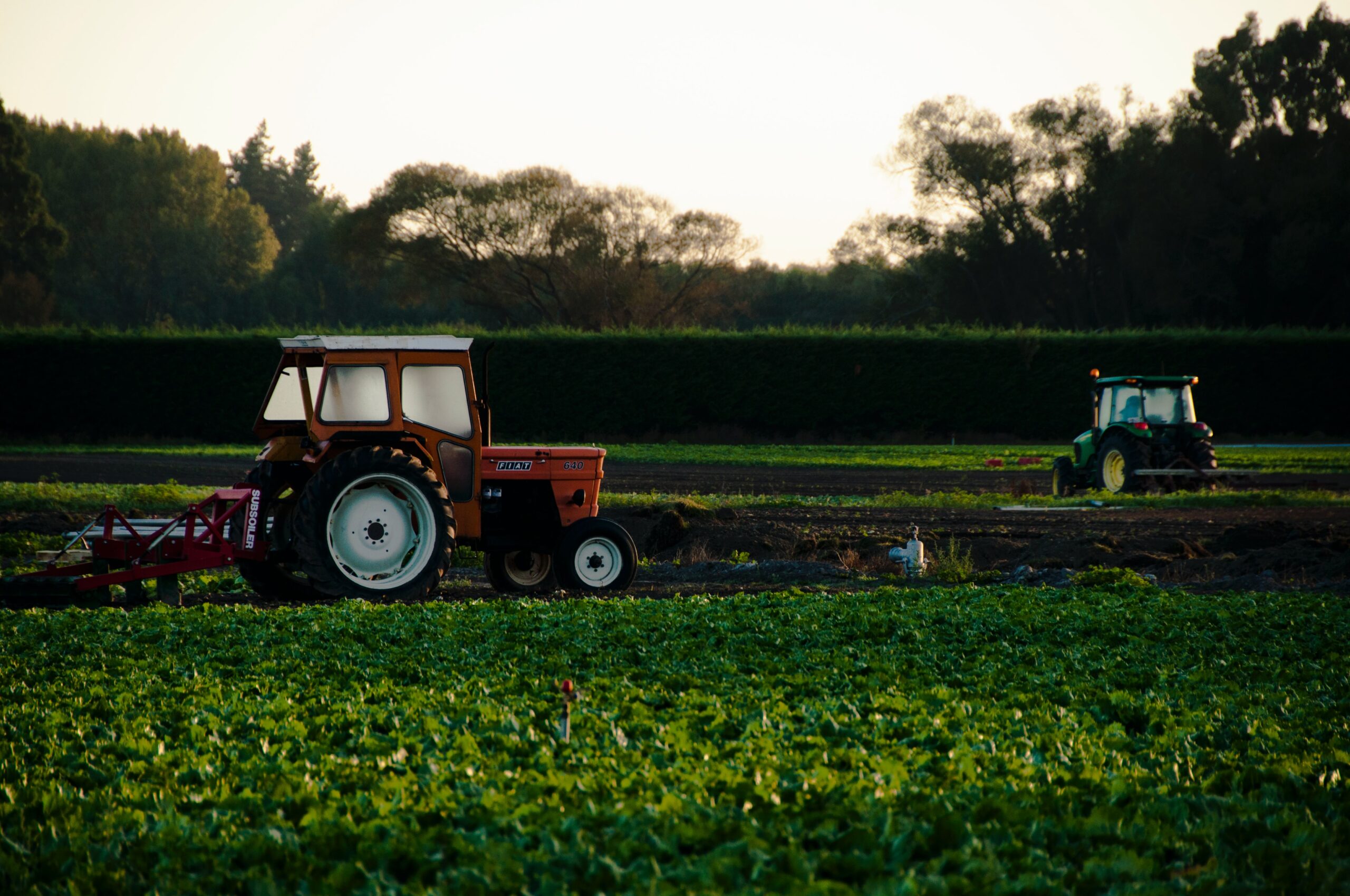Soil degradation continues to be of the major threats to sustainable development and human well-being. Despite the advances in research, there is still a gap between research and effective conservation. To fill this gap, a change is needed in the paradigm of soil conservation research. Therefore, this paper aims to: (i) introduce the concept of Eco-Holistic- Soil Conservation (EHSC) to support the Sustainable Development Goals, (ii) present a framework for the implementation of EHSC, and (iii) show practical examples and recommendations of EHSC. The theory behind the concept of EHSC builds on a critical review of the main causes for success or failure of previous conservation projects and evaluation of the latest holistic concepts and visions on conservation of soils and socio-ecosystems. The key principles underlying EHSC are (1) perception of soils as living systems, (2) holistic ecosystem approach, (3) central role of soil conservation for climate change mitigation and adaptation, and (4) ethical behavior in soil use. Implementation of EHSC requires a transdisciplinary approach involving a range of actions in three iterative phases: (1) diagnosis of the causes and processes of land degradation and the socioeconomic context, (2) integrated assessment of the interactions and synergies between the factors and actors involved and the selection of EHSC actions, and (3) participatory evaluation and monitoring of impacts. Successful conservation requires more research on the resilience and adaptation of soils to climate change, integrated economic valuations of soil conservation, and protection of native people’s right to land in international legislation.














































































































































































































































































































































































































































































































































































































































































































































































































































































































































































































